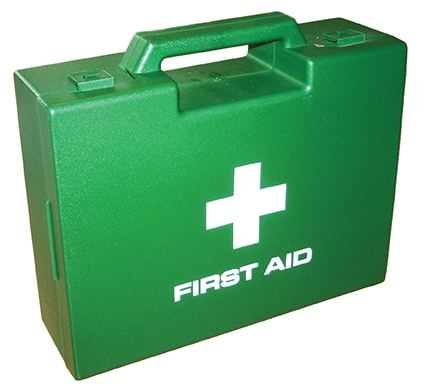The ABC of Diplomacy, or Flying Doctors
OPED
Occupied South Ossetia has decided to create its own airport, de-facto ruler of the territory, Leonid Tibilov, announced last week.
“We need an airport urgently and we are actively discussing this issue with Moscow,” Tibilov told Tass news agency.
In general, transportation issues are nothing new in occupied Tskhinvali- the issue of the Roki tunnel was raised at the beginning of this year. However, then, Moscow was able to soothe this demand by promising increased subsidies on transportation to officials from Tskhinvali. Nevertheless, we are now witnessing another impromptu – “an airport”.
The territory of occupied South Ossetia is 3.8 thousand sq. km, running alongside the river Liakhvi valley near the watershed range of the Caucasus. The only open space is the city of Tskhinvali itself, which is almost divided by the occupational line. Given its geographical arrangement, talking about building any sort of serious airport infrastructure is comical. The only infrastructure that we can realistically imagine there is a helicopter pad.
However, if we take into consideration the meteorological conditions with which the Java valley is connected with the main watershed range of the Caucasus, we can safely assume that this, too, is quite unrealistic. It is hardly believable that the de-facto leader of the occupied territory is unaware of these geographical nuances, which adds even greater intrigue to this strange initiative.
It is no surprise that the policy of medical diplomacy carried out by Official Tbilisi is already wielding positive results. In both the occupied territories of Abkhazia and South Ossetia, people are already openly speaking about the hospitality of Georgians and the healthcare which is in compliance with European standards. Local officials even say that “Georgians are reaching a goal which they weren’t able to attain through weapons- through healthcare.”
Exactly these arguments were presented by Tibilov in the Kremlin when he demanded the creation of an “independent airport.” “There is only one highway connecting us with Russia. The road is damaged quite frequently and we have trouble getting medical assistance to patients in need. Therefore, in order to receive treatment they are obliged to travel to neighboring Georgia. This project, with which they are trying to attract our citizens to Georgia, is financed by the West,” Tibilov told Vladislav Surkov, whom he met last week in Moscow. Surkov is the personal adviser of President Vladimir Putin on relations with Abkhazia, South Ossetia and Ukraine.
Why did Tibilov raise this airport issue now? What will the transfer of, for example, one or two Mi-24 helicopters change for de-facto Tskhinvali when they have a long and cold winter ahead, most days of which will be completely unsuitable for flying? At a first glance, the answer would be – nothing. However, in reality, as Dmitry Sanakoyev, current Head of the Provisional Administration of South Ossetia established in 2007 in the Georgian-controlled territories of this separatist region, says, by doing so Tibilov is negotiating the decrease of their debt with the Kremlin. “The so-called South Ossetian government runs a program which sends its citizens for medical treatment to different cities in Russia. However, these clinics have a limit which regulates the number of patients from the so-called South Ossetian territories that they are obliged to provide with assistance. This limit has long expired and the Administration of Tskhinvali has a large debt which needs to be paid back. Exactly because of this debt some of the Russian hospitals have started refusing to give medical treatment to South Ossetians. One such clinic is the hospital of Saint-Petersburg, which demands about RUB 5 million, (USD 80-90,000),” said Sanakoyev.
While Moscow and Tskhinvali are clarifying the issue of offsetting debt and setting up “great aviation” between them, the Red Cross is bringing two or three patients from Tskhinvali to Tbilisi on a daily basis. Treatment for these people is free of charge and naturally the ordinary citizens living in these occupied territories prefer to get free assistance in Gori or Tbilisi rather than travel thousands of kilometers to Saint-Petersburg or Moscow, where they can only get limited (and expensive) treatment.
Even the government officials from Tskhinvali prefer to send unhappy people to Tbilisi for treatment and put the money that is allocated for this from Moscow directly into their pockets.
Simply put, the events taking place in the occupied territories are developing in favor of Tbilisi. Apparently, we are starting to learn the ABC of diplomacy and are building our long-term strategy exactly on such controversies.
Zaza Jgarkava












